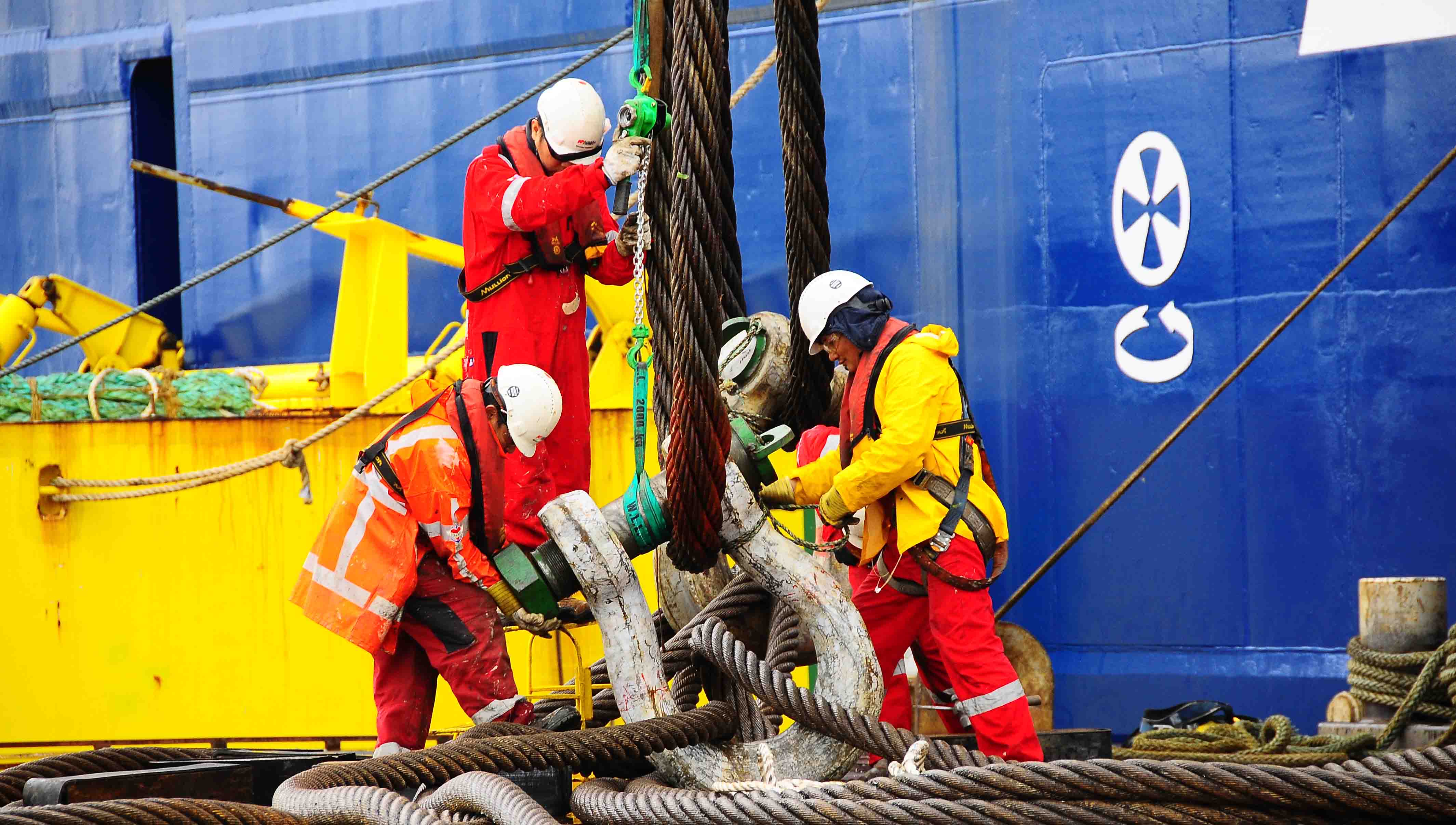
Worries about the security situation in the Red Sea and the knock-on effects of longer trips and uncertainty have all contributed to a year of building unhappiness for seafarers according to the latest Seafarer Happiness Index.
One seafarer commented: 'With attacks on ships starting again, I am very concerned, and my family is scared. They see the news and do not know what it means for me.'
The report makes it clear that the escalating risks to seafarer safety from piracy, terrorism and war risks are having a detrimental impact on crew welfare. It is also adding to the workload burden on seafarers, due to the ramping up of security duties in higher risk waters. The survey also highlighted the importance of warlike operations area payments.
The findings are among the results of the latest quarterly Seafarers Happiness Index, published by The Mission to Seafarers, which shows a fourth successive drop in seafarer happiness for 2023, raising serious concerns over conditions for all those working at sea.
Common causes for concern expressed by seafarers include feeling overburdened, underappreciated, and disconnected, as well as concerns over a lack of shore leave and an inability to contact family.
For many seafarers, having reliable internet access is crucial as it allows them to connect with their families. However, while the fourth quarter showed some signs that internet connectivity was improving, the experience was variable.
Several seafarers mentioned the frustrations of limited or unreliable connections, slow internet speeds, and expensive rates for data usage.
Another seafarer summed up the internet situation onboard: 'Wi-Fi is not strong, my contract is too long. That feels all wrong.'
These findings on the continued lack of social connectivity are very similar to those of the recently published Merchant Navy Welfare Board's UK Port Welfare research, and previous findings by Nautilus surveys of members.
Connectivity is also perceived to sometimes affect interaction onboard, with some crew members preferring going online over socialising in common areas.
It seems there needs to be action taken to encourage crew to meet, mix and feel that there are better alternatives to being cabin-bound.
Access to shore leave is also an ongoing concern for crew as the risks of global conflicts escalate.
One seafarer accused some ship agents of 'taking advantage of the crew, asking for huge amounts of money so that the crew could avail access to shores.'
The responses show, however, that seafarers also understand the importance of quality time spent with fellow crew members for better mental health and fostering good relationships, and there were comments on the need for more activities to enhance crew interaction.
While many appreciate camaraderie with their colleagues, cultural differences, language barriers and occasional conflicts can all impact social dynamics. The benefits of multicultural crews are accepted, but there are challenges related to differing attitudes, beliefs, and cultural backgrounds.
The feedback from seafarers regarding access to welfare facilities ashore was mixed this quarter. Some expressed satisfaction and gratitude for the available facilities, such as seafarer centres or recreation facilities, describing them as good, supportive, and easily accessible. They appreciate the support received, and certain ports − especially in the UK, Canada, and Japan − were singled out for praise.
The diverse set of responses from seafarers highlights the complex nature of life at sea. Whilst some find fulfilment in their maritime careers, the majority face mounting challenges that are eroding happiness levels to concerning lows.
Tags
More articles
Nautilus podcast Off course: floating embassies and how seafarers are impacted by flags of convenience
In Episode 4 of the second series from Nautilus International's podcast Off Course: a sideways look at life at sea, we chat with Jacqueline Smith, of the International Transport Workers' Federation, about flags of convenience.
Nautilus supports UK right to strike rally
Nautilus joined thousands of UK trade union members on a march and rally in Cheltenham to protest new anti-strike laws.
ITF flags 'worrying' increase in abandoned ships
New figures released by the International Transport Workers' Federation (ITF) show an alarming increase in cases of abandonment during the past year.
